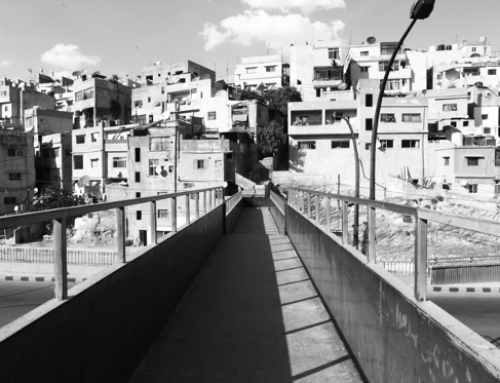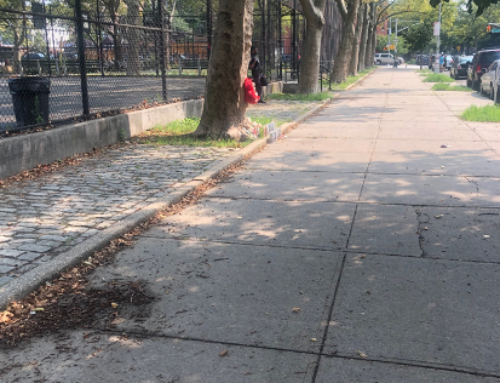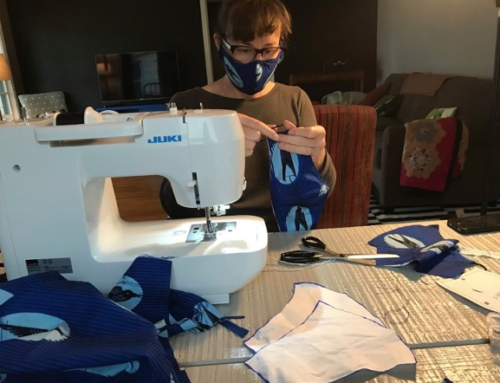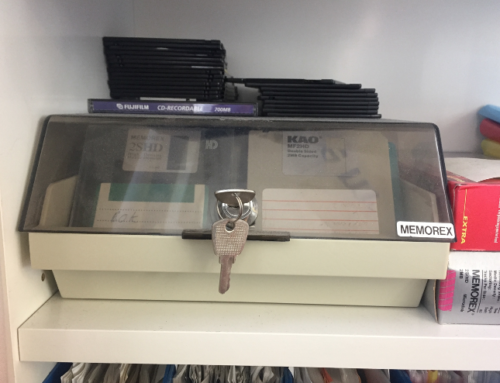Listen to the audio version of this essay here
Nowadays, few people call us by our names. Most simply call us “shit collectors.”
I came to the county seat in 2009. I left two brothers and a sister back in our Droksa village. I’m the oldest. After the Chinese government divided the communal lands among each household in the late 1990s,1 my siblings had nothing to do. All you need to do is to drive the animals to your fenced land in the morning, then the animals come back in the evening. Unlike before, you don’t need to carefully graze and nurture the animals. We had a family discussion and agreed it would be better for the family if I could earn a salary in town. Around that time, our village leader said the county government was looking for workers to clean trash from the streets. He also said one would not get this job easily if one didn’t have a close relationship with higher-ups in the county seat. By that, he meant we had to offer at least a sheep to a higher-ranked leader. We followed his advice, and, just like that, I got this job.
Now I have been doing this work for about ten years. You invited me to talk about my life and my work, so I’m just saying whatever comes to my mind. Of course, I’m aware that none of what I’m saying has any value.
“Of course, there is value in your story,” I said. The scorching sunshine hits on the concrete pavement of Gesar Square, making both of our eyes uncomfortable.
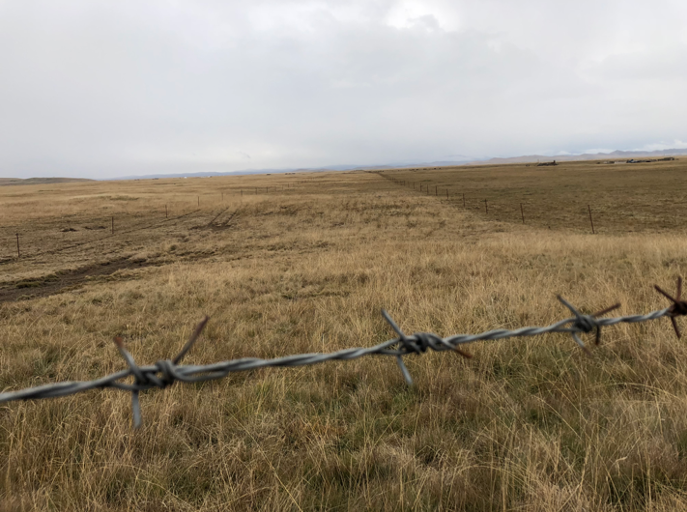
Tibetan grasslands. Photo by Huatse Gyal.
When I first came to the county seat, I missed the pasture land so much. I was twenty-five years old, but I had not even realized the beauty of Droksa before leaving. If you lay your eyes on Tibetan pastureland, you would be amazed by the rich variety of plants and flowers growing amidst all types of grasses. You would also marvel at the transforming landscape, as the grasslands of summer turn from green to golden in the fall. I spent twenty years of my life carefully grazing and nurturing hundreds of yaks, sheep, and horses on the grassland. I miss them as much as I miss my family.
With my friends, we used to graze our animals while playing and laughing. I loved to sing songs in the open space. Although I still miss Droksa so much, if I went home, people would say I did not manage to help my family, so I have been trying my best to do this work. At least, when I get my salary at the end of each month, I am able to buy some vegetables, medicine, and snacks for the kids in the family. So, life is not too bad.
I’m someone who has bad karma. I’ve had a problem with my left eye for a long time. It’s always watery. Eye drops sometimes help. Now even my name has fizzled out.
Many people may not know this. The street cleaners have to wear a very bright uniform. Many must have seen it before. The bright green color of the uniform we have to wear every day makes your eyes very uncomfortable, especially when the scorching sunshine shines on your clothes. Sometimes, I wonder if wearing a pair of sunglasses might help block the sunshine and be good for my eyes. However, I’m too shy to wear them. People might ridicule me, saying that a “shit collector” is wearing a fancy pair of sunglasses. People who wear sunglasses here in the country seat are either those who work for the government, or those who have nothing to do but just wander the streets. It seems many people think that wearing a pair of sunglass adds additional beauty.
One day, I guess people might call me a “blind shit collector,” ha, ha, ha!
Wearing impractical uniforms is only one of many rules. During the day, we need to collect litter and sweep Gesar Square. At night, we have to take turns losing sleep to protect facilities at the square such as trash bins, around 2-3 a.m., drunks often come to the square, and they shit and pee everywhere. If we told them not to do that, they would pompously say, “Does the square belong to the shit collectors?”
There were many times that they also beat us.
Still, at Gesar Square, our main worry isn’t cleaning up the drunks’ shit or puke. According to our rules, if we are unable to protect the facilities at the Gesar Square, our bosses deduct the cost of the trash bins from our monthly salaries. Our month salary isn’t that much in the first place.
The saying that it’s hard for people to understand another’s pain: isn’t that so true?
Notes:
[1] Since the late 1990s, Tibetan pastoralists have been confronted with a mandatory rangeland fencing policy, premised on Tragedy of the Commons assumptions, which has greatly altered traditional communal grazing practices. It also created a surplus of labor by easing the ways to graze animals with fencing materials.
Cite as: Gyal, Huatse. 2020. “Even My Name Has Fizzled Out.” In “Flash Ethnography,” Carole McGranahan and Nomi Stone, editors, American Ethnologist website, 26 October 2020, [https://americanethnologist.org/features/collections/flash-ethnography/even-my-name-has-fizzled-out]
Huatse Gyal is an anthropologist at the University of Michigan. He is currently finishing his PhD thesis on how indigenous notions of place and legal languages of property interact, clash, and dovetail in the everyday cultural politics of land use in Amdo Tibet.
